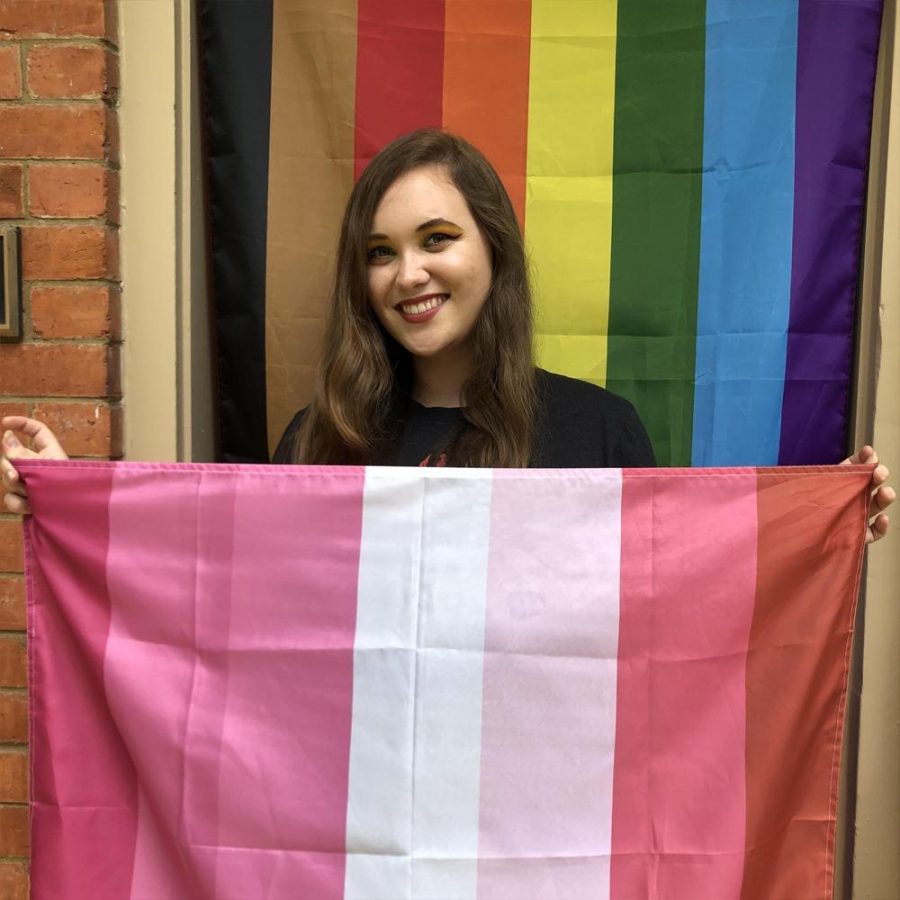It’s the holidays again. For many people, that means a highly-anticipated end to what feels like a constant barrage of final exams, projects and papers. It heralds an upcoming chance to return home and connect with family members. Hallmark movies and a variety of religious traditions tell us that this season is all about parents, children, grandparents, cousins, second-cousins and that one estranged aunt coming together in blissful, non-confrontational harmony while snow gently blankets the Earth. However, this mainstream narrative often causes feelings of socio-cultural alienation across a multitude of demographics. Alongside people who don’t celebrate a major religion with a corresponding major December holiday, people who are separated from their families by too great a distance, and people from Florida, there’s another major group that has a historically contentious relationship with the concept of holiday family ‘togetherness.’
I feel like the title of this column makes this an easy guess. It’s the LGBTQ community, guys. A lot of us have complicated relationships with even the family members who, by cultural dictate, are supposed to be the ‘closest’ to us. About 40 percent of LGBTQ adults have experienced some form of major rejection from family members, whether that be verbal abuse, exclusion from family traditions and spaces or being disowned outright. Though social attitudes are generally more open and accepting than they were a decade ago, a significant majority of teens and young adults who identify as LGBTQ still experience apprehension around being openly ‘out’ around their families.
This leads into a reimagining of social dynamics that is well-known and well-practiced in many LGBTQ circles; the concept of “chosen family.” A chosen family is loosely defined as a group of individuals who make the conscious and deliberate choice to play a significant role in each other’s lives. While it might initially be easy to write the idea off as just a network of very close friendships, the function of the family matters more than the objective appearance. Though the individuals are not legally or biologically related, they provide for each other many of the same types of support traditionally attributed to parents and siblings.
These families form in a myriad of ways, but always out of a desire to fulfill deep emotional needs. They appear in real life communities, but are also commonly seen in narratives dealing with the struggles of LGBTQ individuals. Audre Lorde, renowned Black lesbian feminist, describes the emotional process of creating a network of mutual, family-like support in her autobiography Zami: A New Spelling Of My Name. The aptly-named comic The Chosen Family by Noreen Stevens details the trials and tribulations of a small community committed to keeping each other afloat. These narratives become a source of comfort that, despite many of us facing extreme struggles and a lack of support, we can still create spaces wherein we can exist unapologetically and accepted for all that we are.
The past few weeks have led to me having dozens of conversations with different people about what it means to create family. Some feel stifled by their biological families, some feel isolated either by distance or discomfort and some are perfectly happy with their current dynamic. Listed below are the testimonies of several students who wanted to share their experiences navigating family and found community:
“Although I am one of the lucky ones and have a good relationship with my immediate family, I truly don’t know where I would be if it weren’t for those individuals who came into my life and changed it for the better. These adopted members of my found family are those around whom I can be my genuine self. They offer me a space in which I can fully relax and not have to censor myself and eliminate important parts of my identity in order to make others more comfortable and for my own safety. They make me feel loved, secure and accepted, and the newfound family we have created has saved me over and over. Even though I know my parents love me, that fear of that love hinging on my presumed straightness still persists. The risk of losing the love of my blood relatives makes me fully appreciate the unconditional love offered by those in my found family.”
– Vanderbilt Sophomore
“I don’t get to see my family often, but besides that have always felt a kind of ideological disconnect from them. We’d get into fights a lot and as I got older I started kind of feeling like they were also pulling away emotionally. Going home started feeling like something I needed to subject myself to. It was almost like a punishment, and the whole situation wasn’t really healthy for anyone involved. I don’t have a concrete chosen family here at Vanderbilt, but I do have people here who I’d consider myself closer with than my actual family. We have similar issues with our parents…I’d say the most important part of having them there is knowing that someone genuinely cares about me and that I care about them really deeply. It’s a very reciprocal and intense thing.”
– Vanderbilt Senior
“Though I chose the people I now surround myself with, I was forced to give up any possibility of a complete and healthy relationship to my legal family (because of their lack of regard for my well-being). As a partially out lesbian, I find the name “chosen family” to be a bit of a misnomer, as LGBT people are often forced to find other people to receive any of the things that should come with being part of a family: love, comfort, and a sense of belonging.”
– Vanderbilt Sophomore
Regardless of our experiences, the search for community and familial support is something we are all familiar with. And regardless of what your situation may be at the advent of this holiday season, you all deserve to know that you are seen, cared for and loved by those you choose to surround yourselves with.

